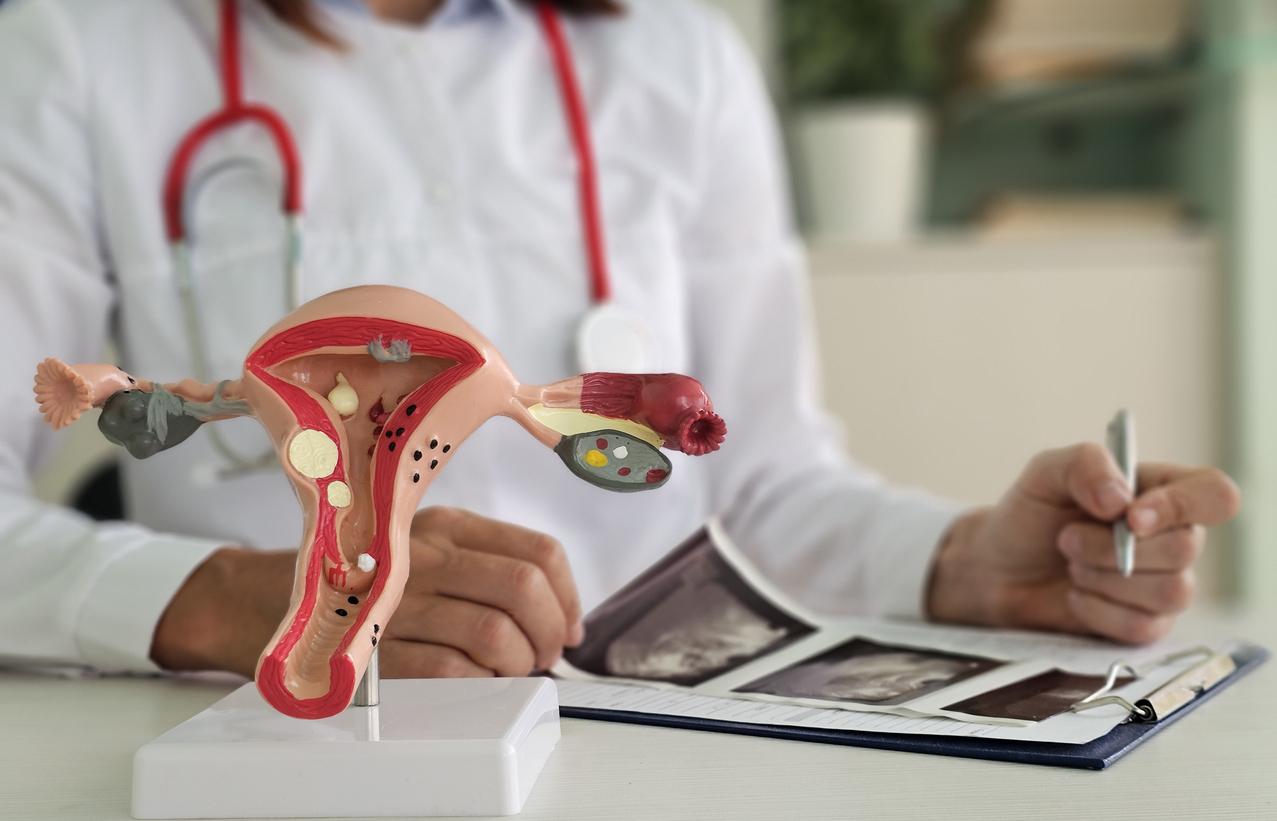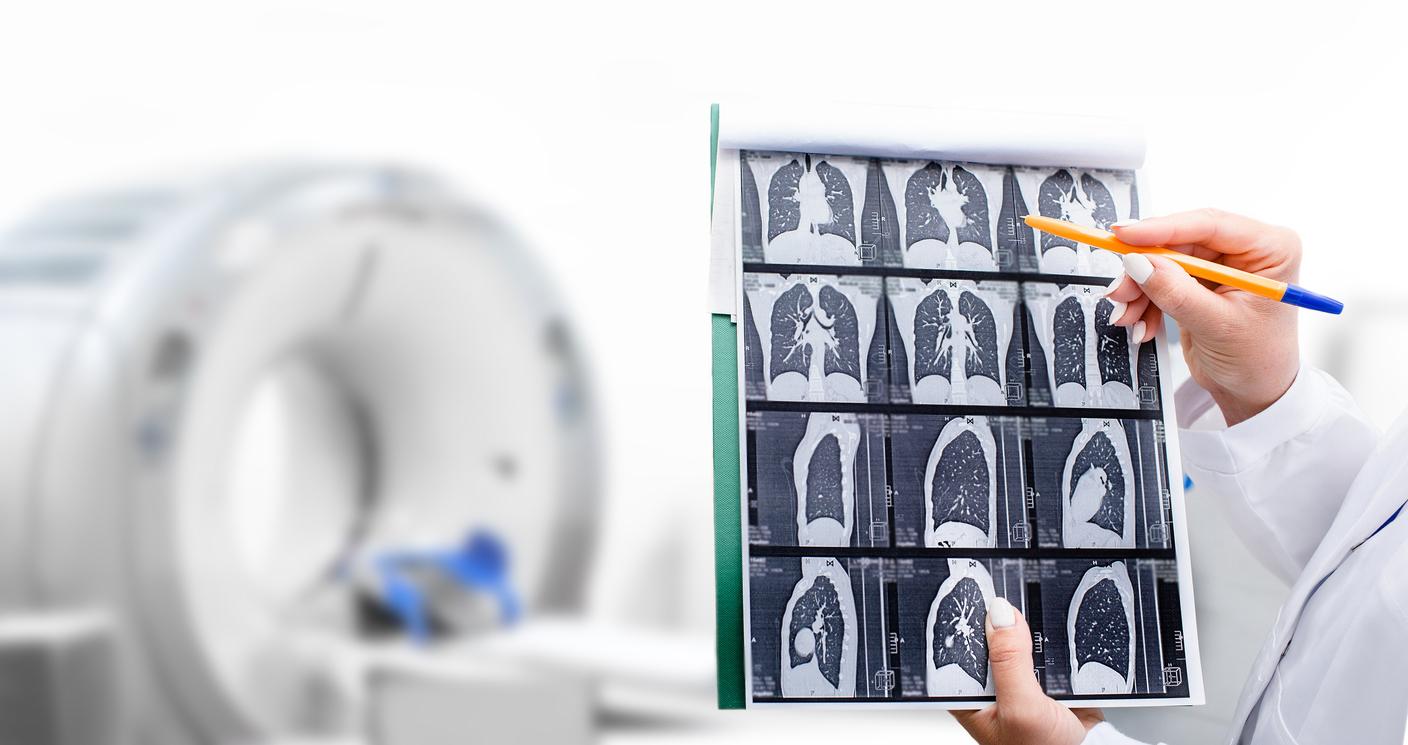The opinion of the High Authority for Health (HAS) is formal: published this Monday, February 3, 2020, it recommends extended neonatal screening for 7 additional diseases. But really, what are we talking about?
What is newborn screening (DNN)? Neonatal screening (DNN) concerns all babies born in France: at present it aims to detect the presence of 5 diseases (rare, severe and generally genetic) in order to act early via therapeutic means intended to reduce the severity and complications of these pathologies in children.
The 5 diseases currently tested in France via neonatal screening (DNN) are:
- Phenylketonuria, a genetic disease that causes severe mental retardation and neurological and psychiatric complications.
- Congenital hypothyroidism, a defect in the functioning of the thyroid gland which in particular generates severe mental retardation in children.
- Congenital adrenal hyperplasia, a genetic defect in the functioning of the adrenal glands which can lead to dehydration and disorders of genital development.
- Sickle cell disease, a genetic anomaly of hemoglobin which can result in persistent anemia, vascular complications and repeated infections.
- Cystic fibrosis, a genetic disease that leads to severe and repeated respiratory infections as well as digestive complications.
To know. In addition, this neonatal screening is supplemented by a screening for permanent neonatal deafness.
Neonatal screening (DNN): 5 diseases are screened in France
In its report made public at the beginning of the week, the HAS therefore proposes to add 7 pathologies to this list:
- leucinosis (MSUD)
- homocystinuria (HCY)
- tyrosinemia type 1 (TYR-1)
- glutaric aciduria type 1 (GA-1)
- isovaleric aciduria (VIA)
- long-chain hydroxyacyl-CoA dehydrogenase deficiency (LCHAD)
- carnitine uptake deficiency (CUD).
To know. In Belgium, neonatal screening (DNN) now takes into account 10 diseases. And in Sweden and Austria, 24 pathologies are screened at birth!
Neonatal screening: in practice, how does it work? Newborn screening is free: it is most often carried out at the maternity ward (sometimes at home), between 48 and 72 hours after birth. Parental consent is required.
Concretely, neonatal screening takes the form of a mini “blood test”: it is carried out by taking drops of blood on a blotter, after a small puncture in the heel of the newborn. The results are analyzed quickly and, if a pathology is detected, the care is immediate – consultations with the pediatrician, possible treatments, organization of the follow-up…
Read also :
Premature babies: focus on progress
Baby stools: why you need to watch them
Better detect sudden infant death syndrome
















